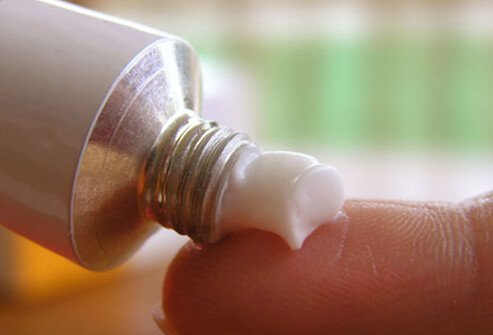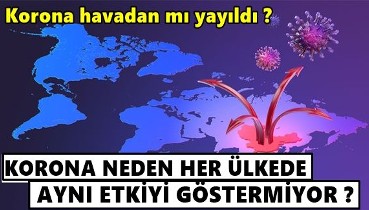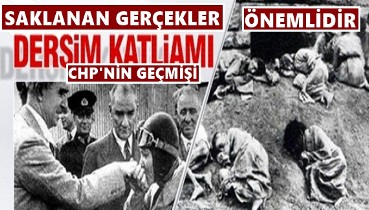

Psoriasis Treatments.
Psoriasis is a skin problem causing quick growth of skin cells, resulting in red or white patches on the skin. Different from normal gradual growth of skin cells and flake off after four weeks, psoriasis causes new skin cells to move quickly to the skin surface in days. Their increase in number on the skin surface form patches that are thick (plaques).Psoriasis treatments aim to alter the cycle causing quick growth of skin cells, therefore reducing plaque formation and inflammation. They also aim at smoothing the skin by removing the formed scales.
Topical treatments such as ointments and creams are used to treat mild to moderate symptoms of psoriasis when applied on the skin.
Dovonex cream contains vitamin D that is good for reducing the rate at which skin cells grow.
Tazorac and Avage creams normalize activities of DNA thus decreasing inflammation. The creams may have a side effect of irritating skin.
Salicylic acid helps in sloughing dead skin cells and reducing scaling. It's available in scalp solutions and shampoos to treat psoriasis.
Coal tar treats psoriasis by reducing itching, scaling and inflammation. It's available in shampoos, oils and creams. Moisturizers reduce scaling and itching and prevent skin dryness thereby reducing the pain associated with the psoriasis.
Light therapy, that is, use of artificial or natural ultraviolet light is used to treat psoriasis.
Sunlight (Ultraviolet light) kills active T cells when the skin is exposed to it. This slows down the formation of skin cells and reduces inflammation and scaling. Care should be taken because intense exposure of ultraviolet light damage skin and worsen symptoms.
Ultraviolet B (broadband UVB) phototherapy in controlled doses may be used to treat mild to moderate symptoms of psoriasis. It's well suited to treat resistance psoriasis, single patches and widespread psoriasis. Moisturizer can then be used to decrease UVB side effects such as redness, dry and itchy skin.
Narrowband UVB therapy is a new treatment type of psoriasis and more effective than UVB (broadband) treatment. It's administered on the skin three times a week until the skin shows improvement and thereafter on weekly basis. However, it may cause severe burns on the skin.
Geockerman theraphy combines UVB and coal tar treatment. Coal tar enables good reception of UVB light into the skin making the combination more effective than the above types of psoriasis treatments.
Excimer laser involves use of a controlled UVB light beam and of a known wavelength, directed on the affected skin to control inflammation and scaling. Its side effects are blistering and redness.
Önerilen Videolar
 AB öldü, merkez kayıyor, korona havadan yayıldı9708 izlenme
AB öldü, merkez kayıyor, korona havadan yayıldı9708 izlenme Erkek çocuğu tacizcisi mahalleli tarafından linç edildi4998 izlenme
Erkek çocuğu tacizcisi mahalleli tarafından linç edildi4998 izlenme-
Reklamlar
 CHP döneminde camilerdeki mahyalar3566 izlenme
CHP döneminde camilerdeki mahyalar3566 izlenme Soylu Kemal’i öperse ne olur?343 izlenme
Soylu Kemal’i öperse ne olur?343 izlenme Terörist fetö bu konuşmasıyla din adamı olmadığını göstermişti..52711 izlenme
Terörist fetö bu konuşmasıyla din adamı olmadığını göstermişti..52711 izlenme Halk TV yine haddini aştı! Fatih Sultan Mehmet'e büyük saygısızlık1524 izlenme
Halk TV yine haddini aştı! Fatih Sultan Mehmet'e büyük saygısızlık1524 izlenme CHP'LİLERİN DERSİM KATLİAMINDAN DOLAYI TOPLUMDAN SAKLADIĞI TARİHİ MEKTUPLAR VE GERÇEKLER11948 izlenme
CHP'LİLERİN DERSİM KATLİAMINDAN DOLAYI TOPLUMDAN SAKLADIĞI TARİHİ MEKTUPLAR VE GERÇEKLER11948 izlenme ABD’nin Suriye’deki “sömürge valisi408 izlenme
ABD’nin Suriye’deki “sömürge valisi408 izlenme



